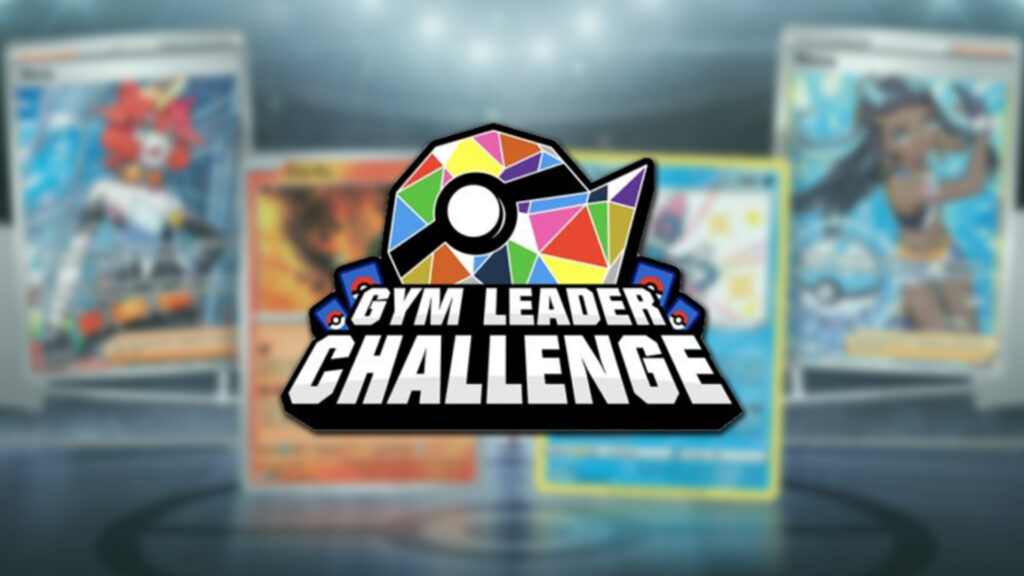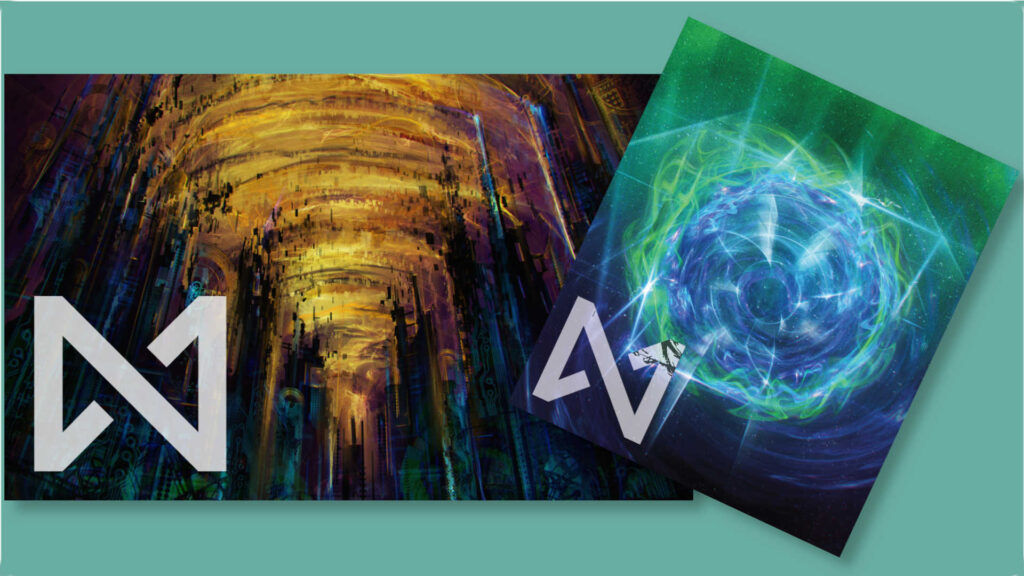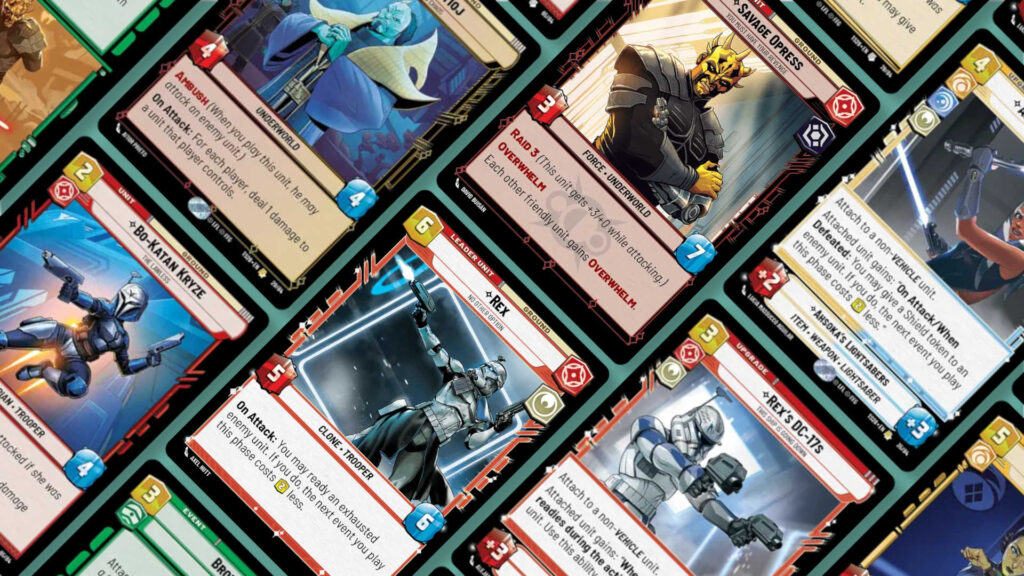Images courtesy of The Pokémon Company
The Trainer’s Trials Gym Leader Challenge format is finally live on Pokémon TCG Live (PTCGL), the official client of the Pokémon Trading Card Game (TCG)! Along with it comes a two-week phase of experimentation to find out the best decks, or just an excuse to reunite with our favorite cards long-lost to rotation.
Table of Contents
ToggleGym Leader Challenge Rules
The formal rules of the Gym Leader Challenge on Pokémon TCG Live are the following:
- Only one of each card with the same name per deck (except Basic Energy)
- No Rule Box cards or ACE SPEC cards
- Only one type (color) of Pokémon per deck
- Cards printed from Sun & Moon–on
- No cards on the Ban List
Note that TAG TEAM cards are likewise not allowed, due to them apparently being coded as rule box cards. We won’t have access to cards such as Guzma & Hala nor Cynthia & Caitlyn, among many others.
Let’s look at some decks playable on Pokémon TCG Live.
A little note: due to some older cards not being available on the CardGamer database, we have chosen to retain the Pokémon TCG Live formatting of decklists, so players may easily copy-paste decklists into the client instead.
Colorless
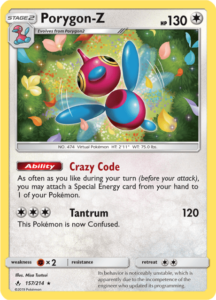
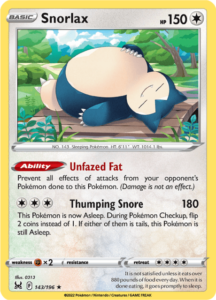
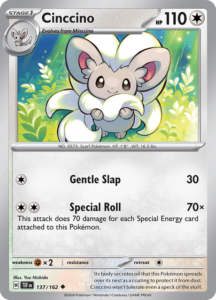
Long-reigning as the best type in the format, Colorless in GLC is characterized by stellar support options and beefy attackers than can easily set up due to energy acceleration options. This list by GLC TV focuses on Crazy Code Porygon-Z, which can power up attackers such as Thumping Snore Snorlax and Cinccino to take easy knockouts.
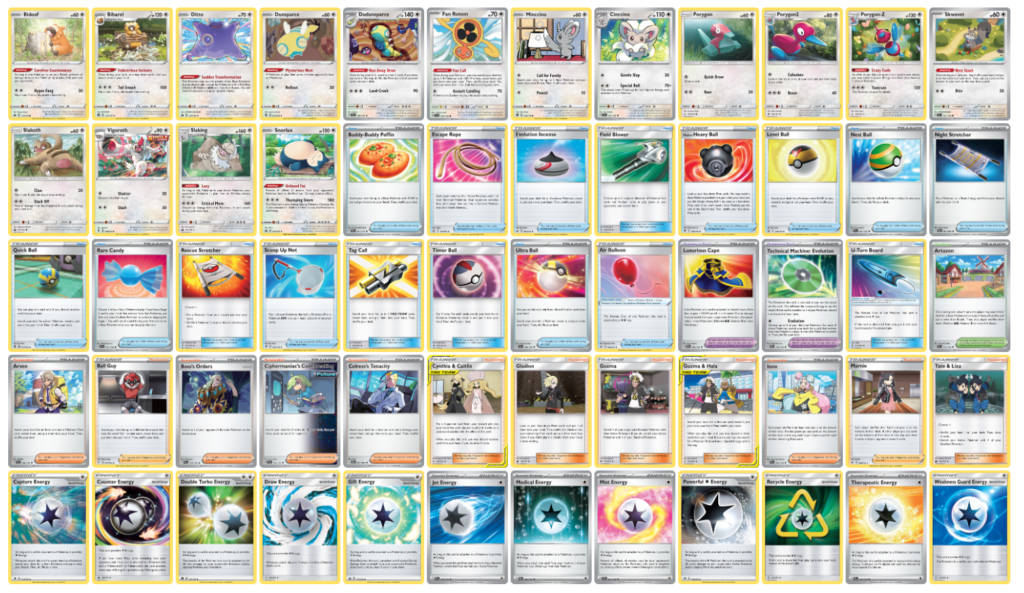
Author’s note: This deck was conceptualized before finding out TAG TEAM cards don’t work in PTCGL’s implementation of GLC. I suggest swapping out these cards with Pal Pad, Boss’s Orders, and Instruct Oranguru.
Dragon
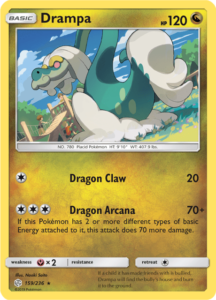
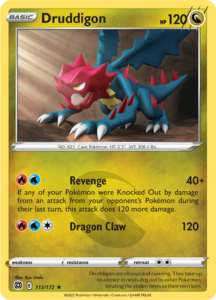
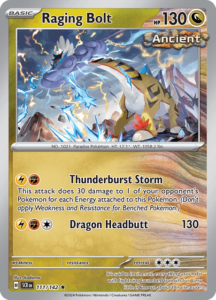
Dragon types are an interesting case, specially on Pokémon TCG Live. Without access to Double Dragon Energy, the deck relies on cards such as Crispin, Mela, and Raihanto set up their multi-energy attacks. However, the typing does have some great support effects, such as Tatsugiri, Regidrago, and Drakloak. Some of its best attackers include Dragon Arcana Drampa, Revenge Druddigon, and baby Raging Bolt.
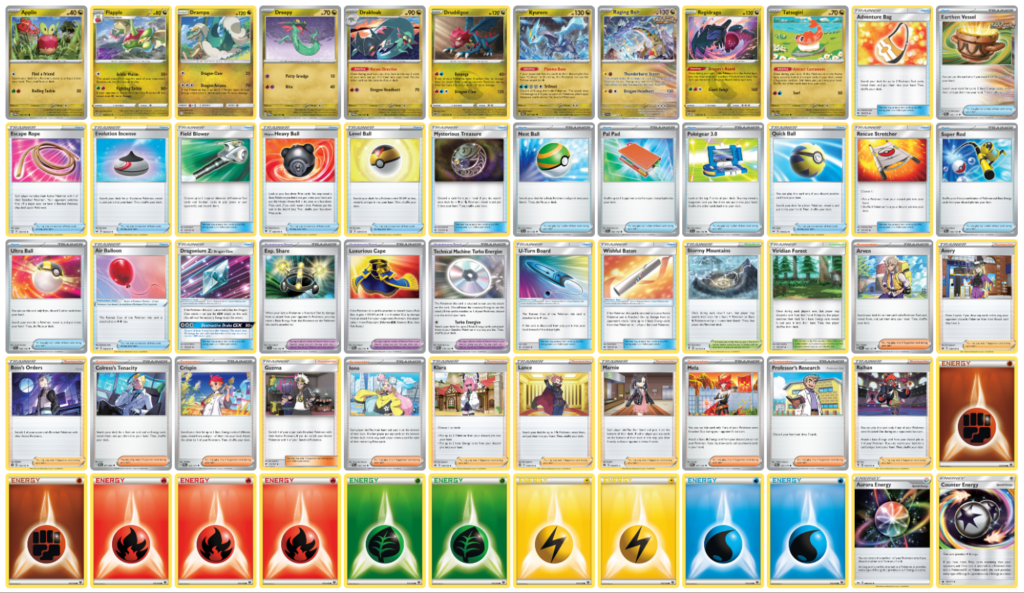
Psychic
Psychic might be one of the strongest types in GLC, and Lost Box, an archetype which cares about the Lost Zone (essentially the exile from other card games), was introduced during the Sun & Moon era onwards. The deck wants to put as many cards in the Lost Zone as quick as possible through Colress’s Experiment, Lost Blender, Comfey, and Lost Vacuum to unlock powerful abilities such as Sableye‘s Lost Mine attack.
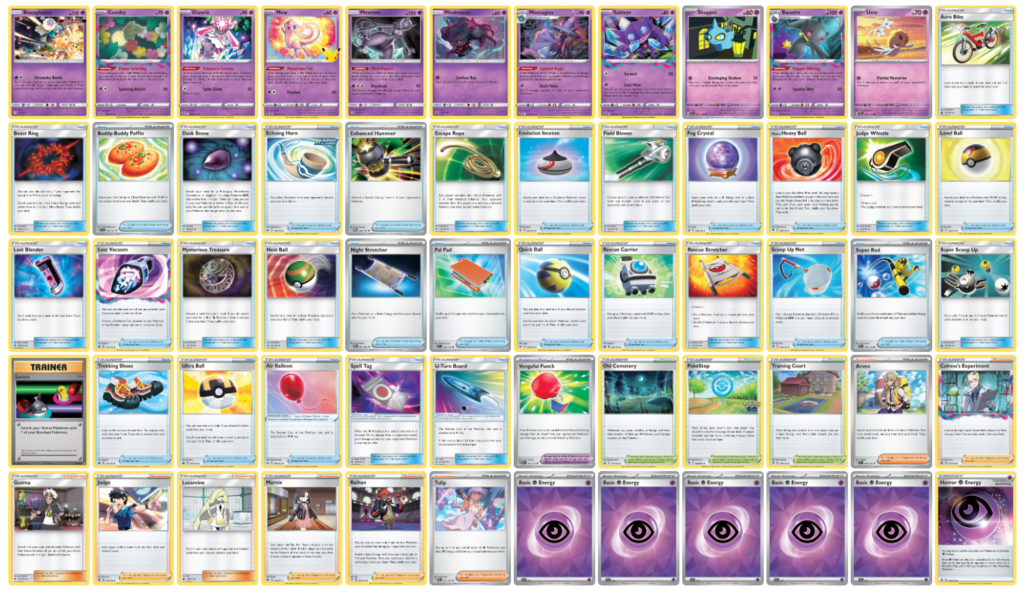
Lightning
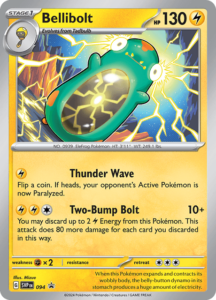
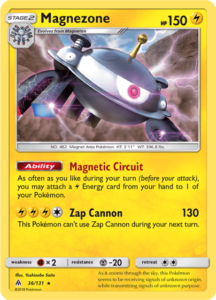
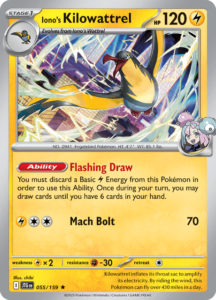
Lightning has always been one of the fastest types in GLC and this deck is no exception. Created by sharpie1k, the deck is dubbed as Lightning Chien Pao due to Bellibolt, Zeraora, and Togedemaru. Combined with Magnetic Circuit Magnezone, we can keep on attaching energy to keep the pressure on. A fantastic draw option exists in Iono’s Kilowattrel, though Sprint Zebstrika is also legal in the format — but that’s for a different deck.
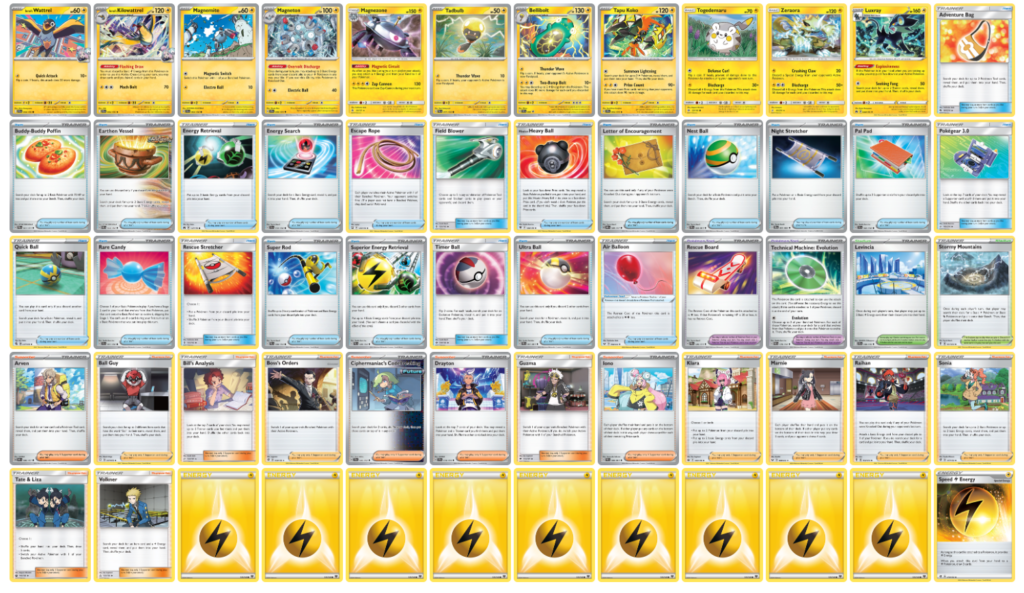
Fighting
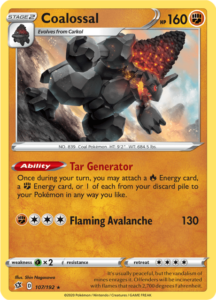
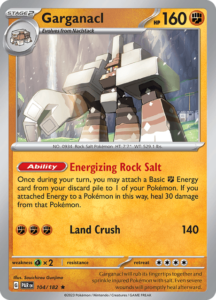
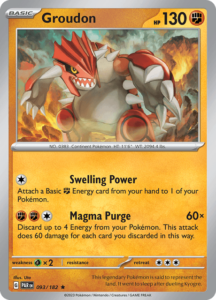
Finally, from one of GLC’s most dedicated content creator, Ben Morse has his own take on Fighting — using Tar Generator Coalossal and Garganacl to take care of energy acceleration. We can then use these energies to attack with our Ancient Pokémon such as Koraidon and Slither Wing, or with a big hitter such as Groudon.
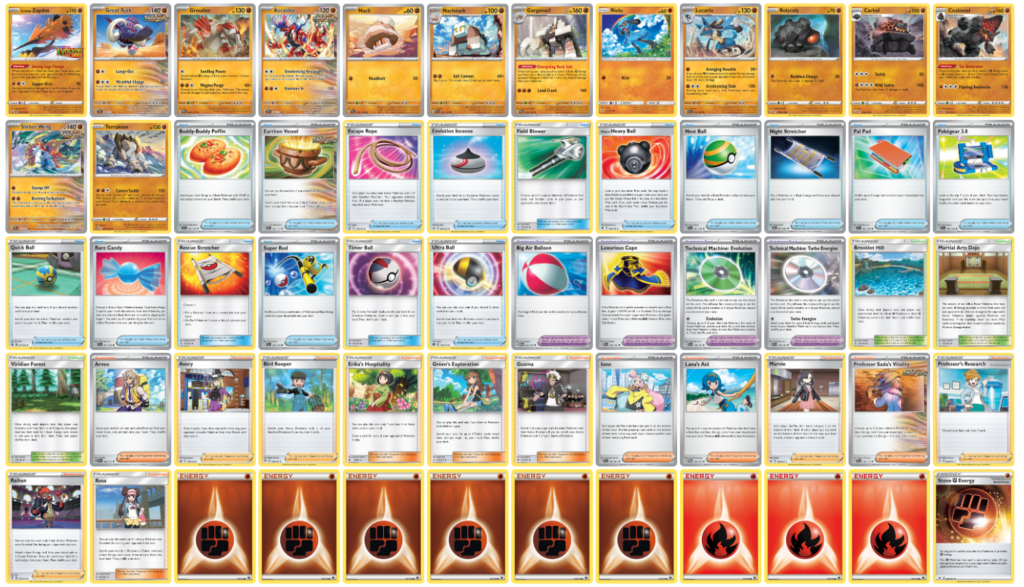
Other Deck Ideas
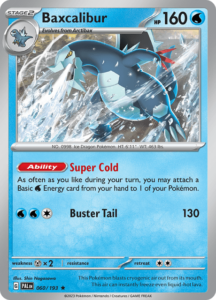
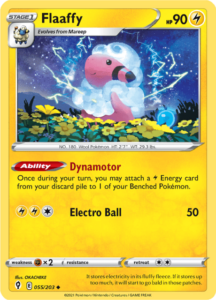
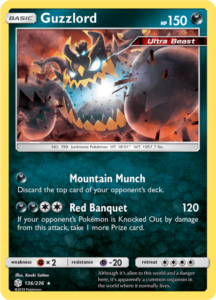
This isn’t meant to be an exhaustive list of Gym Leader Challenge decks for Pokémon TCG Live. Other archetypes to explore include Rain Dance Water with Baxcalibur, Lightning Spread with Flaaffy, or a control Dark deck with Red Banquet Guzzlord.
For more deck ideas, make sure to check out GLC TV, CardBoard Warriors, Ben Morse, and Tricky Gym’s very own website.
What archetypes are you planning to pilot during the Gym Leader Challenge weeks on Pokémon TCG Live? What types will you be representing? Personally, I’ll probably try playing Turbo Colorless, even though Twin Energy and Double Colorless Energy have been banned!
If you want to know more about the Gym Leader Challenge, read our interview with the format’s creator, Andrew Mahone, here. Curious about the Standard format? Here’s a recap of the Atlanta Regionals, the first major tournament featuring Journey Together.

